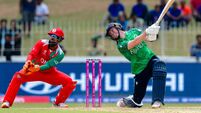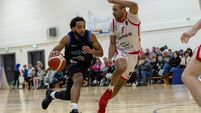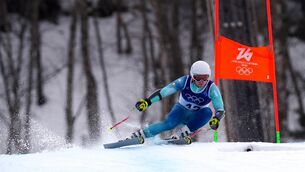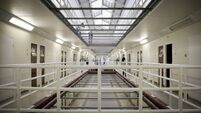Ciara Mageean remembers 'father figure' Jerry Kiernan: ‘Words will never sum up what he means to me'

Jerry Kiernan: 'He was so much more than a coach, he was a friend, like a father figure', says Ciara Mageean. Picture: Maura Hickey
THERE were many sides to Jerry Kiernan. That’s the first thing you need to know. The guy you saw on RTÉ, the TV pundit who dropped quick-witted, cut-throat assessments about Irish athletes? That was just one.
To his rivals, the men he traded blows with on the road, track, and at cross country through the ’70s and ’80s, he was the hardiest of bastards, a classy performer possessed of plentiful speed and oceans of endurance, either of which he could utilise to take you to a place you’d really rather not go.











